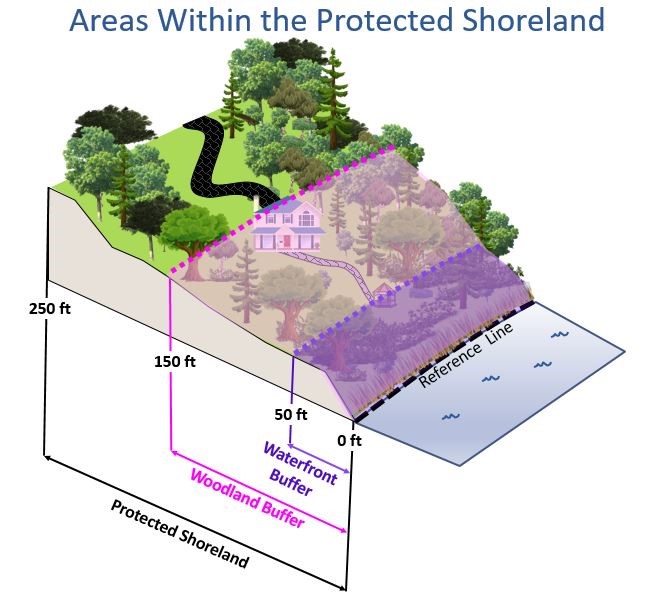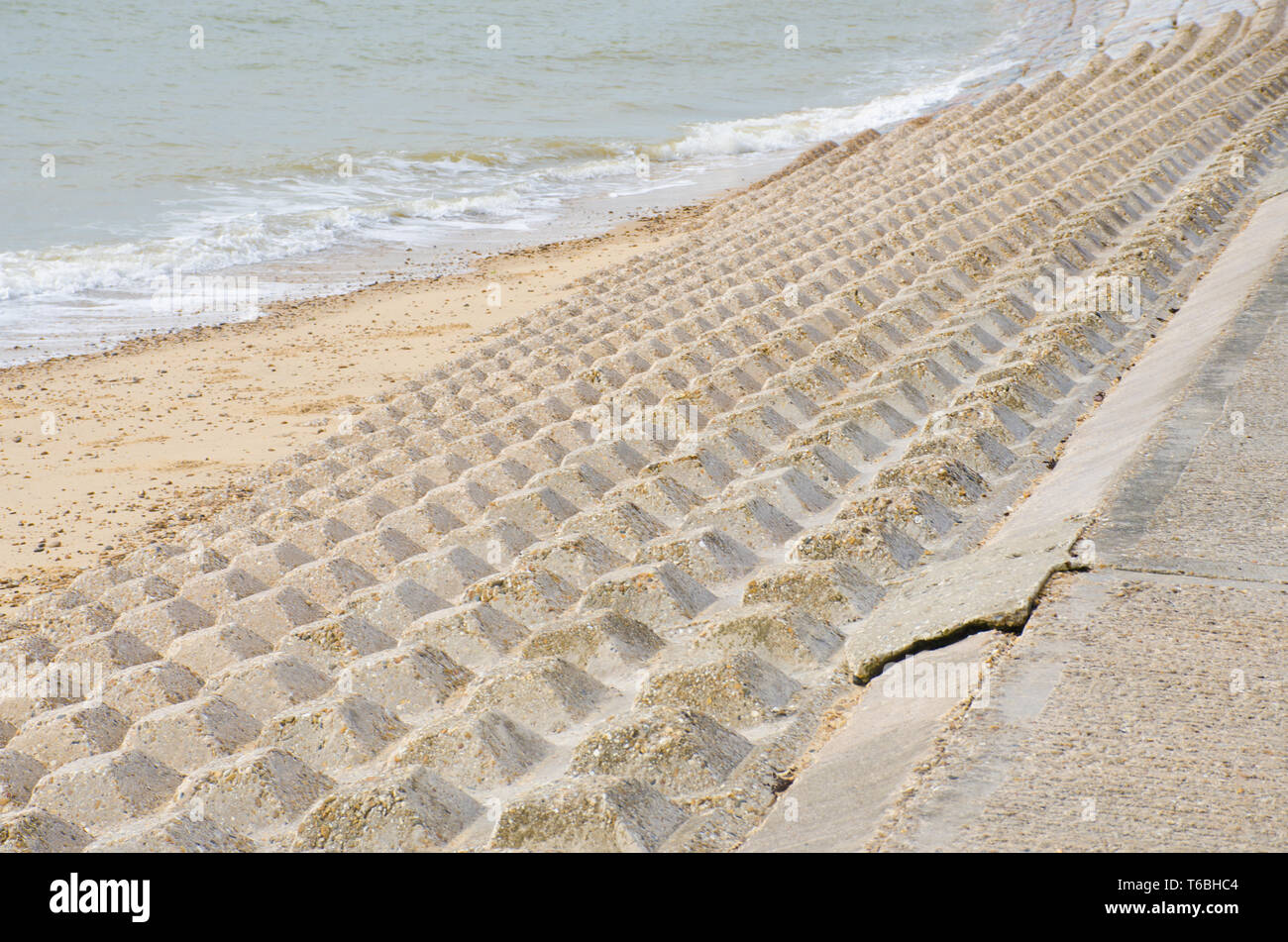The Definitive Guide to Shore Protect Team
Getting My Shore Protect Team To Work
Table of ContentsSome Of Shore Protect TeamThe Greatest Guide To Shore Protect TeamThe Single Strategy To Use For Shore Protect TeamThe smart Trick of Shore Protect Team That Nobody is Talking AboutShore Protect Team Fundamentals ExplainedThe Ultimate Guide To Shore Protect Team
Living shorelines utilize natural materials such as plants, sand, rock, or oyster shells. Over time, living shorelines can come to be extra steady as plants and root systems grow and develop.They typically supply marginal to no eco-friendly advantages. commercial bulkhead. Hard coastlines often tend to deteriorate over time due to the fact that of wear and tear from waves and tornados, and they can incur greater upkeep prices if they need considerable repair work.
Indicators on Shore Protect Team You Should Know


Growing native plants like dune turf is an effective method to coastline erosion control. In areas where sand has already been seriously worn down, sand replenishment is a feasible method for restoration.
Shore Protect Team Fundamentals Explained
They limit the transport of coastline debris by recording the longshore current and are constructed to secure long stretches of land from erosion. Sediment that is cleaned down the coast is gathered on the updrift side of the structure. Breakwaters are frameworks developed parallel to the shore that "break" waves, reducing the influence on the at risk sediment of the shoreline.
Constructed from rock and rubble, breakwaters are often submerged underwater yet occasionally can be seen from above. lakefront stabilization. This disruption of waves minimizes the seriousness of shoreline erosion. Seawalls, likewise called maintaining walls, play a significant function in coastline remediation. Generally made from difficult materials like rock, timber, and concrete, they protect versus storm rises and are usually made in emergencies as a result of their efficiency and quick building.
Some Known Questions About Shore Protect Team.
Dunes are sand reservoirs that act as obstacles versus wind and water to keep shorelines undamaged. Due to the fact that sand is such a light-weight compound, it is conveniently blown or flushed away by wind and water.
Global increasing sea levels pose a threat to sand dunes across the globe, yet TrapBag can decrease disintegration by enhancing the dunes at their core and protecting dunes from low-lying wind gusts. TrapBag can be made use of to create seawalls and other coastline erosion protection structures. Shoreline erosion control needs sturdy items that will not offer method when faced with hefty wind and rough waves, and TrapBag's high-strength textile style fits the expense.

The Greatest Guide To Shore Protect Team
Makes certain conformity with Georgia's Shore Security Act, regulating tasks near dunes and beaches. Find responses to common concerns regarding coastal licenses, revocable licenses, and various other important info.
If you are planning any kind of building or activity in or near salt marsh in the State of Georgia, you need to call our office for an administrative determination and to find out if you require a CMPA authorization for your task. The Shore Defense Act (MEDICAL SPA) regulates tasks and structures in administrative beach and coast locations.
Considering that 1982, the North Carolina Coastal Federation has functioned to safeguard and recover the coastal water quality and habitats of North Carolina. We involve people from all strolls of life, both citizens and visitors, who are committed to maintaining the North Carolina shore for existing and future generations. Whether you live and service the coastline, check out now and then, or just desire of strolling along our attractive coastlines, the wellness of your world relies on healthy and balanced seas and seaside ecosystems.
Shore Protect Team - Questions
We involve people from all profession, both citizens and visitors, to aid us secure and restore the coastline for present and future generations. is the Federation's prize-winning, everyday, news service covering the ecological information of the North Carolina coastline. Insurance coverage includes science advancements, federal government, and regulatory actions, and education and learning, along with the environment, culture, and background of the state's 20 coastal counties.
Content choices are made independently of the publisher and any various other persons or interests. Launched in 2012, Coastal Review has actually belonged to the North Carolina Press Association since 2015. In 2021, journalism association acknowledged Coastal Review with a first-place award for public service, in addition to a first-place award for appearance and layout and second-place awards for area insurance coverage and basic quality.